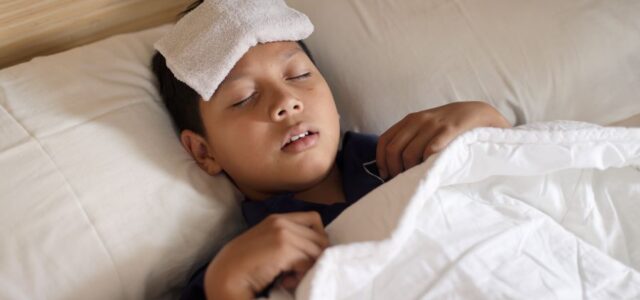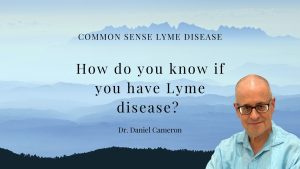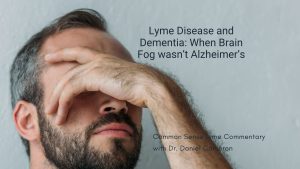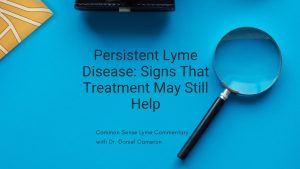Call for your appointment today 914-666-4665 | Mt. Kisco, New York

Some children developed prolonged symptoms of neuroborreliosis (NB), including pain, fatigue or concentration difficulties, which can last more than 6 months after completing treatment, according to the authors. These patients were diagnosed with Post-Treatment Lyme Disease Syndrome (PTLDS).
Clinicians are divided over the cause of PTLDS, with some even questioning its existence. “Some experts believe that Borrelia burgdorferi (Bb) can trigger an auto-immune response causing symptoms that remain after the acute infection phase,” wrote the authors.
“Among all children with NB, meningitis was the most common diagnosis occurring in 19 (47.5%) patients,” the authors wrote. Facial nerve paralysis (FNP) occurred in one quarter of the patients.
The most common symptoms included headaches, vomiting, and neck stiffness. Treatment included IV ceftriaxone for 21–28 days.
Only 2 out of the 40 children had symptoms consistent with Post-Treatment Lyme Disease Syndrome.
One child reportedly had headaches which continued 6 months after treatment. The imaging and spinal tap was negative. The child’s headaches continued at one year. (The authors noted a stressful home situation.) And a second child had facial nerve paresis at 6 months follow-up but not at one year.
Editor’s Note:
- The study did not address the outcome for children without FNP or meningitis. There are children who are not diagnosed in a timely manner whose outcome may not be as successful.
- In addition, the study did not address the outcome if children presented with a co-infection including Anaplasmosis or Babesia.
- Finally, the study did not address whether children developed complications of Lyme disease not detected during a routine clinical assessment.
Related Articles:
Lyme neuroborreliosis triggers multiple strokes
9 cases of children in France with Lyme neuroborreliosis
Intravenous antibiotics helpful for post-treatment lyme disease syndrome
References:
- Myszkowska-Torz A, Frydrychowicz M, Tomaszewski M, Figlerowicz M, Mania A, Mazur-Melewska K. Neuroborreliosis and Post-Treatment Lyme Disease Syndrome: Focus on Children. Life (Basel). Mar 28 2023;13(4)doi:10.3390/life13040900



